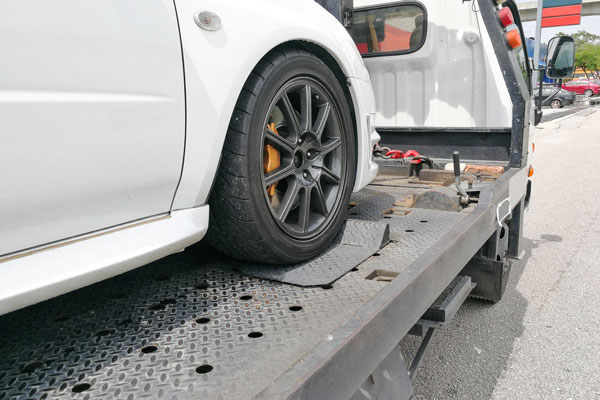So, you’ve got an older car that’s seen better days. You know it’s not worth a fortune, but you’re curious about its value. If you’re interested in selling an older vehicle it’s important to understand how to assess the worth of it properly.
Determining the Value of an Old Car
We’ve got you covered with this step-by-step guide. We’ll walk you through the process of evaluating your older car’s value, considering everything from mileage to market trends. By the end, you’ll be equipped with the knowledge to confidently determine the value of your car.
Step 1: Check Mileage
One of the first things to consider is the mileage on your car. Generally, the more miles a car has, the less valuable it becomes. This is because higher mileage means more wear and tear on the engine, transmission, and other components. To find your car’s mileage, check the odometer. If it’s low, that’s good news. If it’s high, don’t worry—there are other factors to consider.
Step 2: Evaluate Condition
Next, evaluate the overall condition of your car. Look for signs of rust, dents, scratches, and other damage. Also, consider the interior—check the upholstery, dashboard, and other components. Additionally, it’s important to consider any mechanical issues that could require repair, such as engine problems or transmission trouble. The better the condition of your car, the more valuable it will be.
Step 3: Consider Market Trends
It’s important to consider current market trends when assessing your car’s value. For example, if gas prices are high, fuel-efficient cars may be more valuable. On the other hand, if larger vehicles are in high demand, that may make them easier to sell at a higher value. Additionally, consider any changes in the market, such as new car models or government incentives for electric vehicles.
Step 4: Determine Resale Value
Once you’ve considered mileage, condition, and market trends, it’s time to determine your car’s resale value. You can do this by researching similar cars for sale in your area. Look for cars that are the same make, model, and year as yours. Additionally, consider factors such as mileage and condition. This will give you an idea of what your car is worth.
Step 5: Use Valuation Tools and Resources
Finally, consider using valuation tools and resources to help determine your car’s value. For example, websites like Kelley Blue Book and Edmunds offer free car valuation tools. Additionally, consider consulting a mechanic for an expert opinion on repairs and other potential problems you may not be sure about.
Understand Your Car’s Value
Evaluating the value of your older car can be a daunting task, but it’s important to consider factors such as mileage, condition, market trends, and resale value. By following these steps and using valuation tools and resources, you can confidently determine your car’s worth. Whether you’re selling your car or simply curious about its value, this guide will help you crack the code and get a better understanding of the value of your older vehicle. Contact Boston Junk Cars today to learn more about how our Junk Car Removal Services can help you sell an old car fast.


